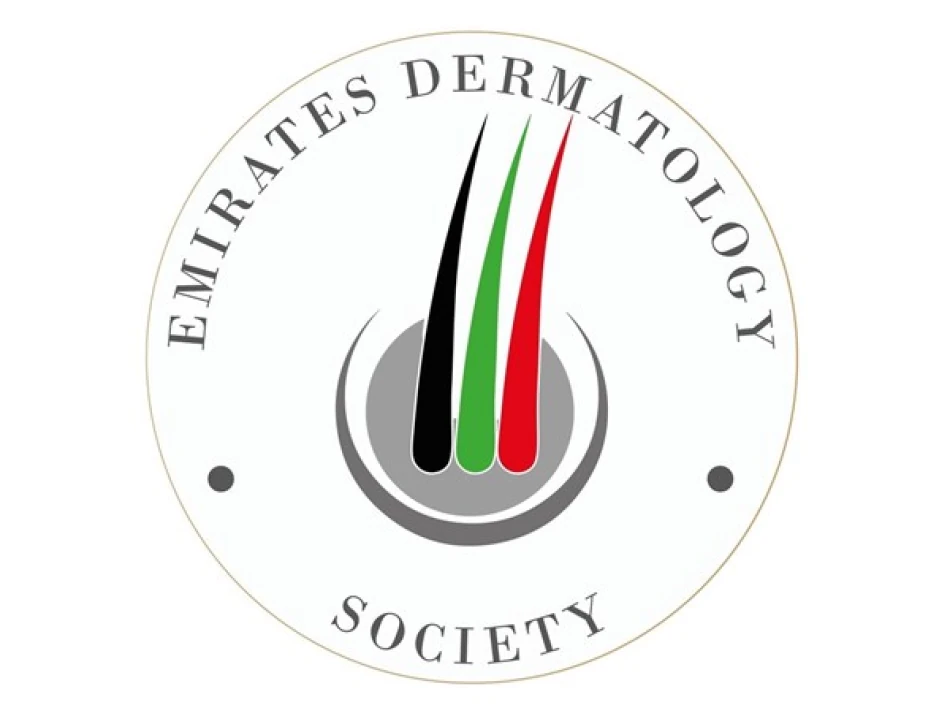
Advanced Treatments for Alopecia in the UAE: Emirates Dermatology Center's Revolutionary Approach
The UAE Dermatological Association is pushing for greater public awareness of alopecia areata, an autoimmune condition that causes sudden hair loss and affects up to 2% of people worldwide. The association says new treatment options available in the UAE are giving patients real hope for hair regrowth and better quality of life.
Alopecia areata isn't just about losing hair. The condition creates bald patches on the scalp or other parts of the body, often appearing suddenly. But the real impact goes much deeper than appearance. Patients frequently struggle with damaged self-confidence, strained social relationships, and career challenges.
Here's where it gets interesting: the UAE's medical sector has made significant advances in treating this condition. Doctors now have multiple treatment options at their disposal, including targeted injections, immune-based therapies, and cutting-edge biological medications. These treatments are showing real results in stimulating hair growth and reducing disease activity.
Dr. Ayman Al Naeem, president of the UAE Dermatological Association and head of dermatology at Ibrahim Obaidullah Hospital, told the Emirates News Agency that alopecia areata patients no longer need to lose hope. "Thanks to modern treatments, many patients in the UAE can achieve noticeable hair growth and improve their quality of life," he said.
The association's secretary general, Dr. Huda Rajab, emphasized that public awareness campaigns help break down stigma and build support networks. This matters because patients who feel supported tend to approach their treatment journey with more confidence.
From a healthcare perspective, this represents a shift in how the UAE approaches autoimmune conditions. The country is investing in advanced medical technologies and treatments that were previously unavailable or limited. This positions the UAE as a regional hub for specialized dermatological care.
The association is calling for coordinated efforts between medical professionals, media, and community groups to create supportive environments for patients. They want initiatives that address both medical treatment and psychological support, recognizing that effective care requires treating the whole person, not just the condition.
Most Viewed News

 Layla Al Mansoori
Layla Al Mansoori






